The wealthy elite’s lifestyle choices are the major cause of serious water shortages in cities, according to a new study.
Shedding a light on the expanding social inequalities, the research highlighted the growing water concerns among the world’s poor because they lack basic access to water.
The study, which was published in Nature Sustainability, concentrated on South Africa’s Cape Town, where an urban water shortage means that many underprivileged people live without taps or toilets and use their minimal water sources for drinking and personal hygiene.
Let’s take a closer look.
Poor people pay a price for the lifestyles of the wealthy
According to the study, wealthy individuals use excessive amounts of water for their own personal pleasure, including filling up their swimming pools, watering their gardens, and washing their cars.
While the poor use the majority of their water for basic needs like drinking, washing, and cooking.
Professor Hannah Cloke, a hydrologist at the University of Reading who co-authored the study, said, “Climate change and population growth mean that water is becoming a more precious resource in big cities."
“Social inequality is the biggest problem for poorer people getting access to water for their everyday needs.”
In the past 20 years, severe water shortages have affected more than 80 cities across the globe, including Miami, London, Mexico City, Rome, Cape Town, Moscow, Chennai, Beijing, Tokyo, and Melbourne.
Scientists from several fields conducted the research at the University of Manchester in the UK, the Centre of Natural Hazards and Disaster Science in Uppsala, Sweden, and Vrije Universiteit in Amsterdam, Netherlands.
Quick Reads
View AllAccording to researchers, Cape Town was chosen because of its extreme inequality and extremely segregated society.
Also, the capital of South Africa suffered from a catastrophic drought that led to “Day Zero,” an unprecedented water crisis from 2015 to 2017.
The researchers did, however, point out that problems affecting Cape Town were common to many other cities and important to how those cities were making future plans.
“Insufficient” water management
The research identified five social groups, ranging from ’elite’ (those who reside in expansive mansions with expansive gardens and swimming pools) to ‘informal dwellers’ (people who tend to live in shacks at the edge of the city).
According to the report, 13.7 per cent of Capetonians are considered to be “privileged” and live in homes with gardens and swimming pools and use water at rates that are unsustainable.
A little over 40 per cent of people reside in low-income neighbourhoods, and another 21 per cent do so in unofficial settlements. The residences of the latter group lack running water and toilets.
The absolute poorest people only use roughly 178 litres per day, whereas the richest can use more than 2,100 litres per home daily.
Thus, the wealthy class was responsible for using more than half of the city’s water supply despite constituting a small part of society.
The two-thirds that make up the poorest groups, however, only use slightly more than a quarter.
2017’s “Day Zero” drought
Also, there were significant differences in how these various social groups experienced the “Day Zero” drought of 2017.
The Cape Town Water Supply System’s dams had alarmingly reached a level of 12.3 per cent usable water by 2017 after the meteorological drought started in 2015, according to the report.
To avoid reaching “Day Zero,” when it would run out of water totally, the city implemented draconian water restrictions.
However, the researchers discovered that the tactics, such as water rationing, increased rates, and fines, disproportionately burdened the most vulnerable populations.
According to the report, lower-income households may not have access to enough water to meet their fundamental needs, whereas wealthy people may merely experience limits on “non-essential water uses” like watering gardens, washing cars, and filling swimming pools.
Also, privileged populations have strategies for coping with drought better. They have the financial resources to install rainwater gathering systems or drill private wells on their land in the long run, according to the researchers, and can afford bottled water in the near term.
Well-off Capetonians’ unsustainable use of public water directly affects how much water is available in the city’s reservoirs, according to the researchers, who also noted that private wells “may eventually deplete the groundwater sources of the area.”
An intensifying water crisis
Professor Hannah Cloke has predicted that the widening gap between the rich and the poor will worsen the water crisis.
More than one billion people are expected to encounter water shortages in cities in the future years, and the most vulnerable individuals will be at the greatest danger. These shortages are only expected to get worse.
This urgent issue must be resolved since, as a 2016 study published by the University of Pennsylvania concluded, “the age of cheap and plentiful drinking water has passed.”
The researchers evaluated many scenarios to see which would have the greatest effects on water supply: population growth, 2C climate change, excessive water usage by the wealthy, or sustainable water use for all.
They discovered that ongoing overconsumption by the richest members of society is the most unsustainable scenario.
And while utilising new technologies and making engineering modifications is essential to reducing the water crises in cities, doing so will not be sufficient on its own.
“The only way to preserve available water resources is by altering privileged lifestyles, limiting water use for amenities and redistributing income and water resources more equally,” the study concluded.
With inputs from agencies
Read all the
Latest News,
Trending News,
Cricket News,
Bollywood News,
India News and
Entertainment News here. Follow us on
Facebook,
Twitter and
Instagram.


)
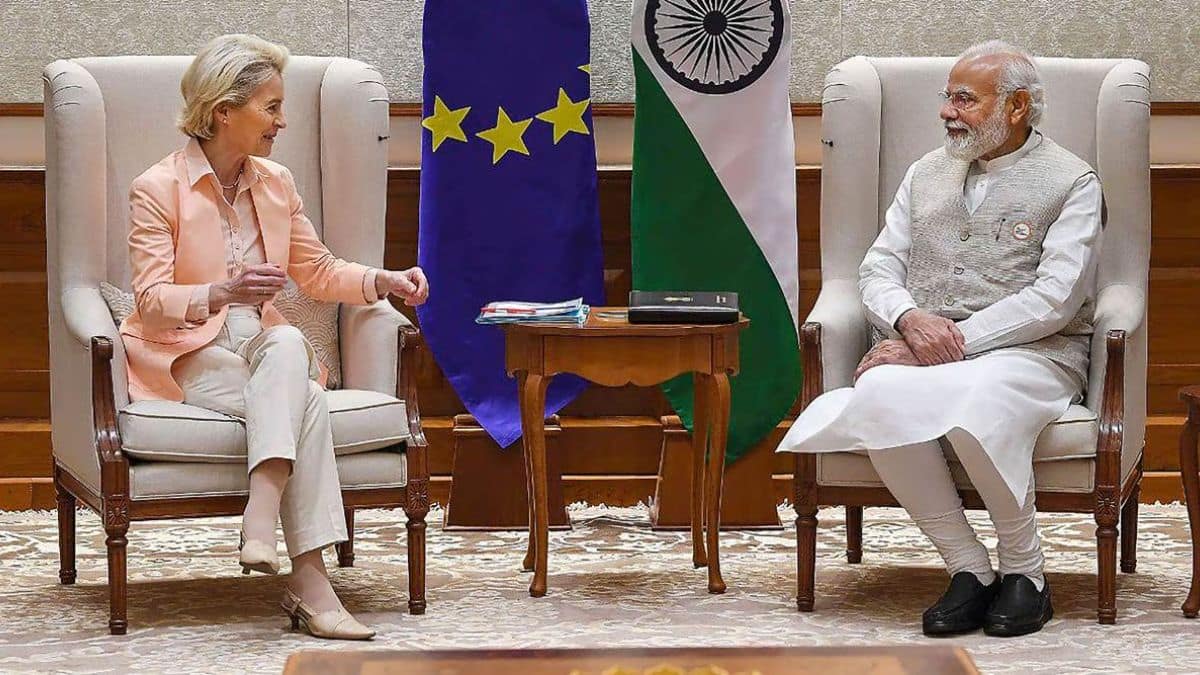
)
)
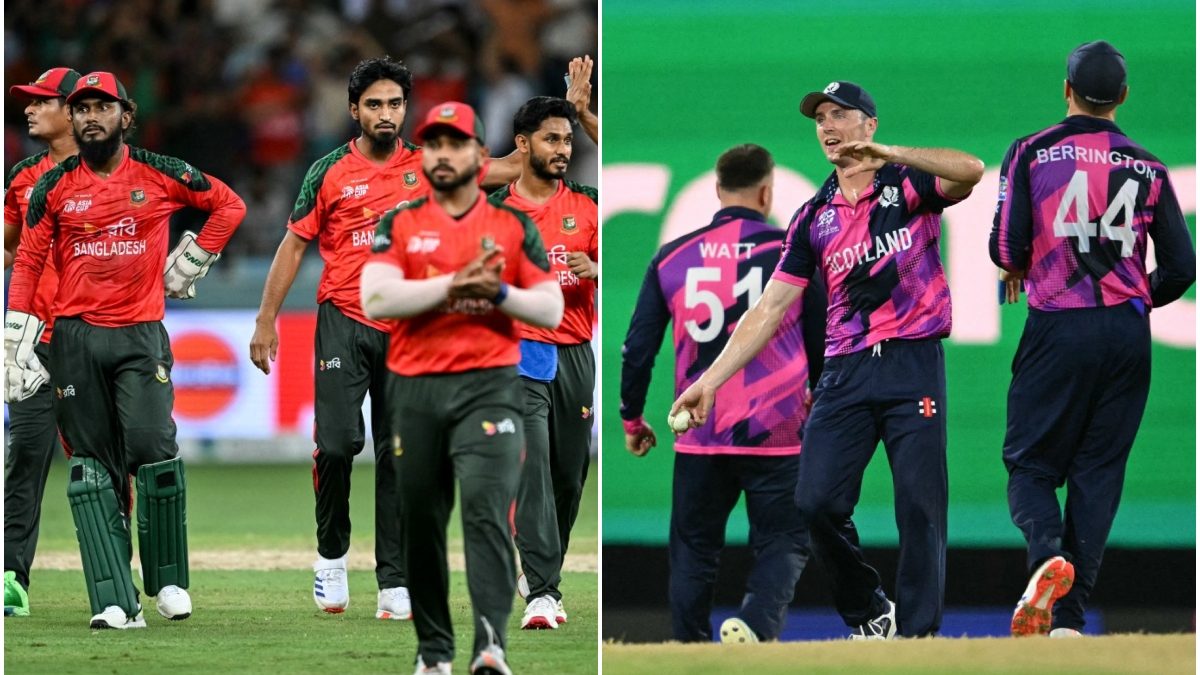)
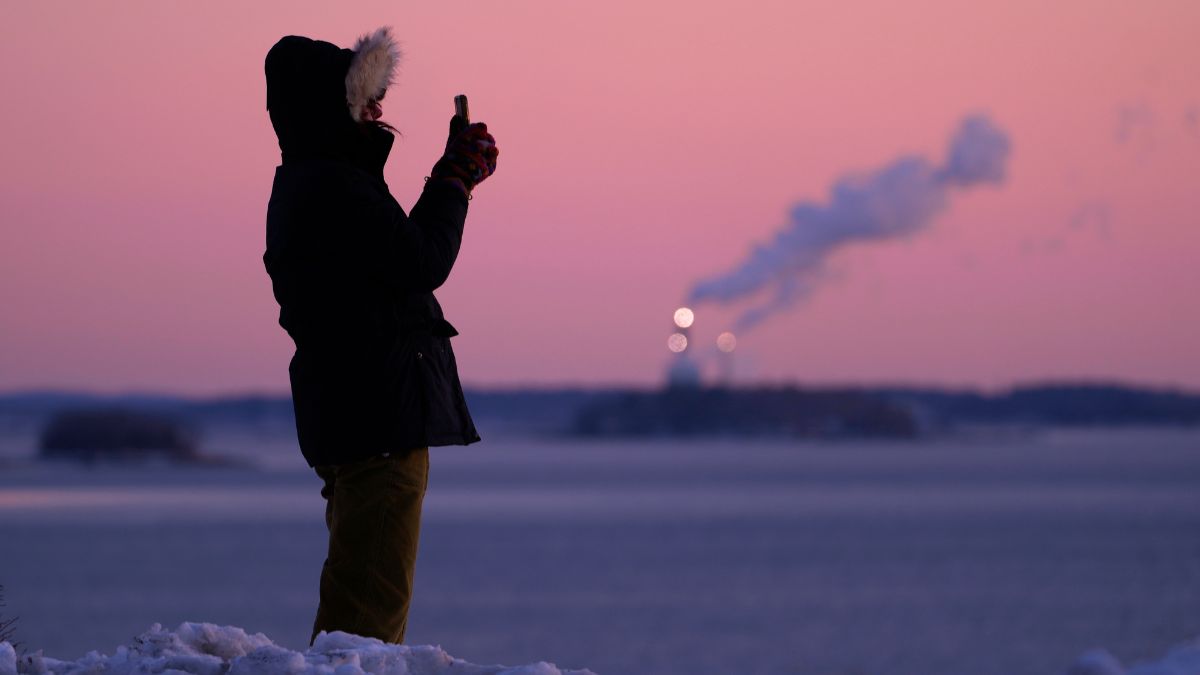)
)
)
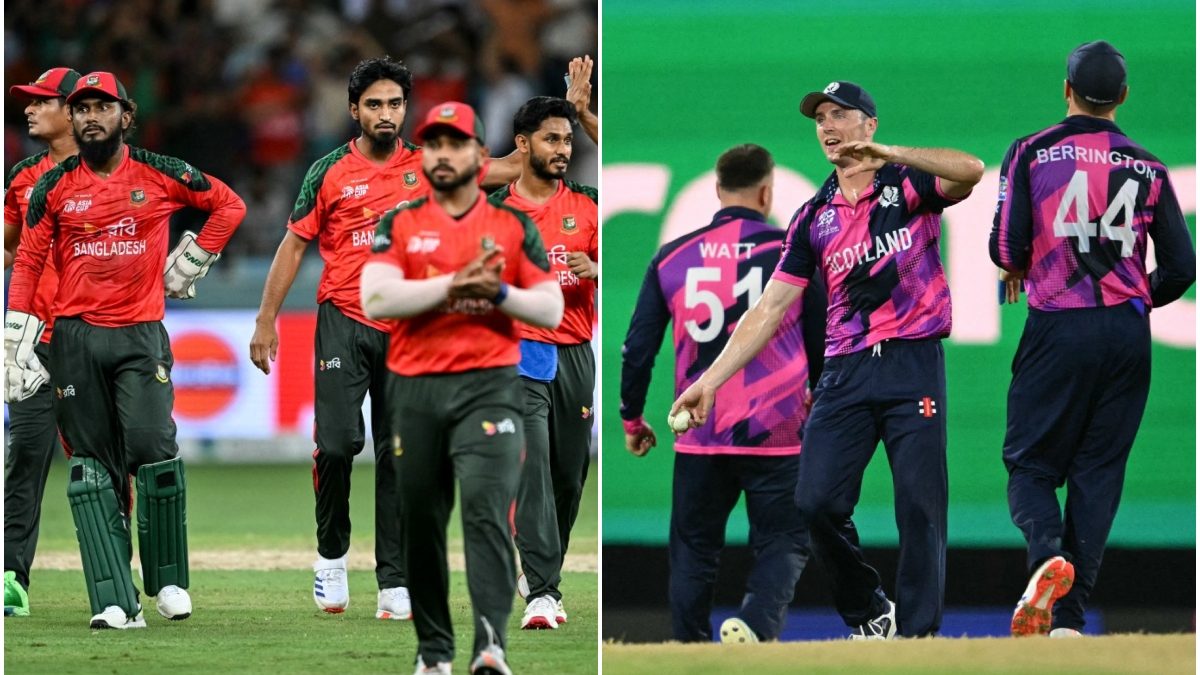)
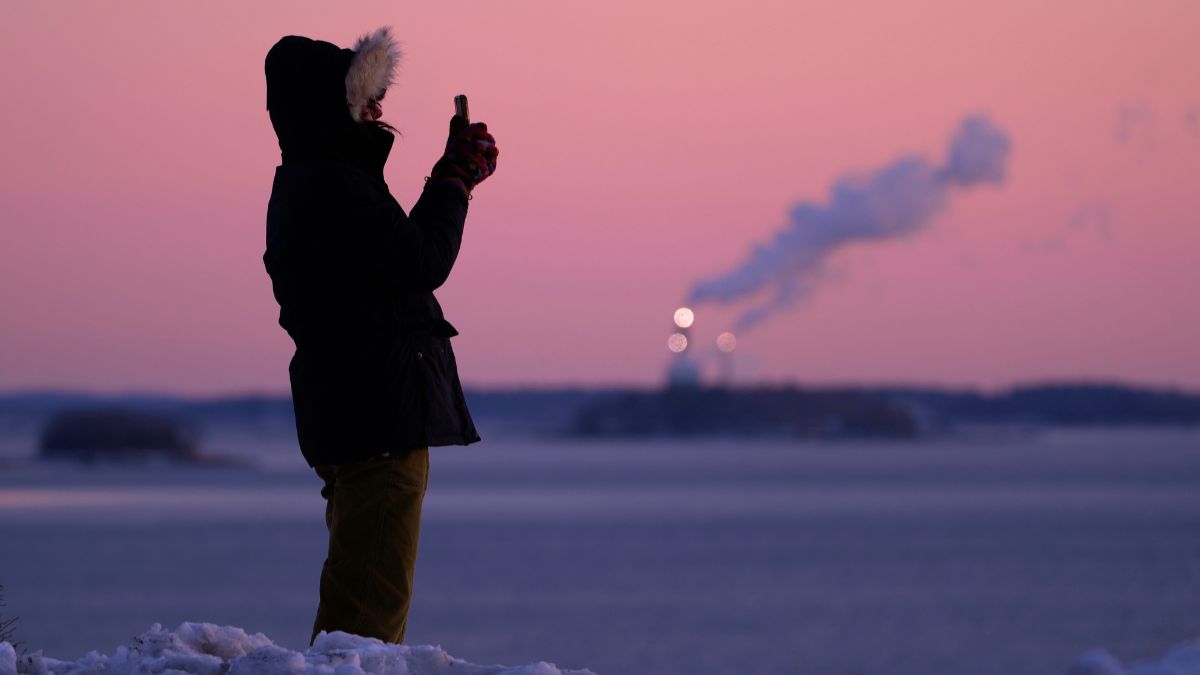)



